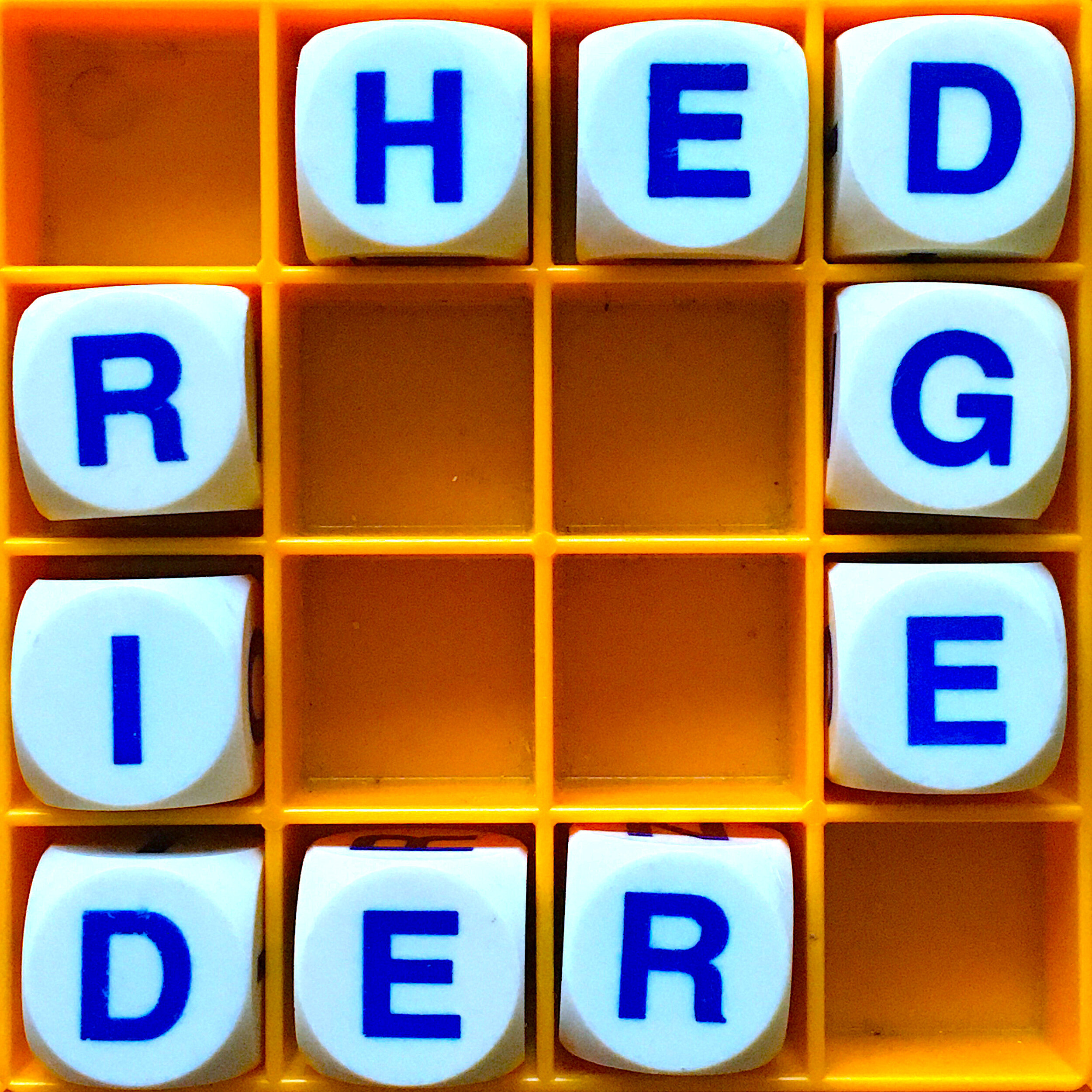In 15th and 16th century Scotland, in the highest courts of the land, you'd find esteemed poets hurling insults at each other. This was flyting, a sort of medieval equivalent of battle rap, and it was so popular at the time that the King himself wrote instructions for how to do it well. Writer and Scots language campaigner Ishbel McFarlane and historical linguist Joanna Kopaczyk explain the art of flyting, where an insult becomes slander, what's going on within the speech act of performative diss-trading, and what the legal consequences could be of being accused of witchcraft.
Read moreAllusionist 159. Bufflusionist
Grab your stake and crucifix pendant, we're going vampire-hunting! Well, vampire-etymology-hunting. The podcast Buffering the Vampire Slayer, which recaps the TV show Buffy the Vampire Slayer episode by episode, invited me to answer their listeners' questions of language that the show had provoked. Together with BVTS hosts Kristin Russo and Jenny Owen Youngs, I tackle the etymology of coven, vampire/vampyre, wigging out, the name Buffy and Bovril; as well as google as a verb, conlang on TV, and why Latin is so often the language of spells and spookiness.
Read moreAllusionist 143. Hedge Rider
Today it's the etymologies you requested! And a few you didn't! We've got witches, wizards, warlocks; conjurers and cloves; wood shavings, nice gone nasty, and a whole lot more. Plus, a bold method of scaring away a ghost, if you must.
Read more


